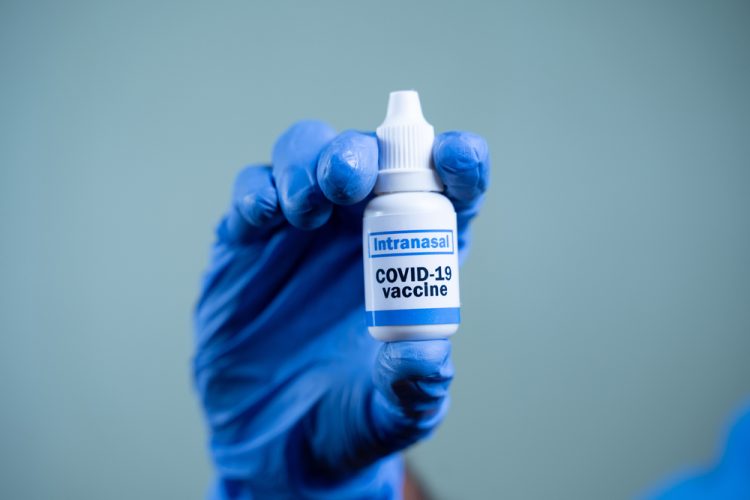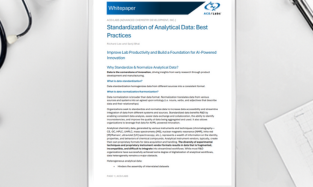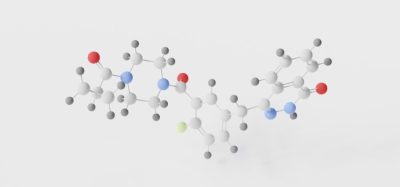Is albumin the key to successful nasal vaccines?
Posted: 12 August 2022 | Hannah Balfour (European Pharmaceutical Review) | 1 comment
A new method of mucosal vaccine delivery that uses albumin to help transport vaccine antigens could lead to better vaccines for HIV and COVID-19.


According to researchers, binding nasal vaccine antigens to albumin enables them to bypass mucosal barriers, and could lead to better protection against pathogens like HIV and Severe Acute Respiratory Syndrome coronavirus 2 (SARS-CoV-2; the virus that causes COVID-19).
The University of Minnesota researchers tested the technology on mice and non-human primates and found that the vaccine generated strong immune responses, paving the way for further study and development of nasal vaccines.
Historically, nasal vaccines administered through a nebuliser or spray have been difficult to make successfully, as the mucus in the nose typically clears out or breaks down the vaccine’s components, such as protein antigens, before they can access underlying tissues to activate the body’s immune cells.
However, nasal vaccines have the potential to generate more immunity than those administered by injection for diseases that are transmitted through the upper respiratory system, such as COVID-19. This is because they can trigger immune responses in the primary areas of infection – the nose, mouth and lungs. Although some nasal vaccines do exist, many cannot given to people who are immunocompromised because they use live attenuated pathogens.
“Traditional vaccines that are injected are not usually geared toward establishing immunity in these mucosal tissues,” explained Brittany Hartwell, first author on the paper published in Science Translational Medicine and an assistant professor in the University of Minnesota Twin Cities Department of Biomedical Engineering, US. “They are more geared toward establishing immunity in the blood – sort of like a backup defence. But the idea of establishing immunity in the mucosal areas, like the nose, is that it establishes more of a frontline defence that can better protect against transmission of these diseases.”
Hartwell explained that with their new vaccine strategy, they were able to develop both frontline and backup defences, as not only did the vaccine establish strong mucosal antibody responses, but also activated strong antibody responses in the blood.
To enable vaccine antigens to bypass the mucosal barriers in the nose, the team engineered them to bind onto a naturally occurring protein called albumin, which has the ability to get around these roadblocks. The antigens could then effectively “hitchhike” on albumin to get to their destination -the underlying immune tissues in the nose – to start activating an immune response.
In addition to generating a response in the nose, the researchers demonstrated that this vaccine strategy could generate immunity in other mucosal tissues, including the upper respiratory system, lungs and genitourinary tract. The latter is especially relevant for vaccinating against a virus like HIV, which is transmitted through those sites.
“This is really significant for the field of mucosal vaccination,” Hartwell stated. “It shows something new, that we have designed a vaccine capable of overcoming barriers to delivery that have historically plagued the development of other mucosal vaccines. It is particularly relevant right now because we are all living in the midst of the COVID-19 pandemic that is continuing to affect our lives. And as long as there is spread and transmission, the virus has a chance to evolve into new variants with the potential to be harmful. This research shows the development of a slightly different kind of vaccine that could provide even better protection than what we currently have by blocking transmission, preventing us from catching and passing the virus onto others.”
Hartwell is continuing to study and develop this new vaccine technology in her lab at the University of Minnesota Twin Cities and hopes to adapt it to other diseases and illnesses in the future.
Interested in nasal vaccine delivery? Check out our related content:
Article: Is intranasal drug delivery the best way to administer COVID-19 therapeutics?
Podcast: Episode 3 – Inhaled and intranasal drug formulations and delivery
Related topics
Biologics, Drug Development, Drug Targets, Proteins, Research & Development (R&D), Vaccine Technology, Vaccines, Viruses
Related organisations
Related people
Related diseases & conditions
Coronavirus, Covid-19, HIV (Human Immunodeficiency Virus), Severe Acute Respiratory Syndrome (SARS)










We’ve been reading and waiting for a nasal vaccine for two years, is it ever going to come out or will this just be some indefinite research project like the cure for cancer? Talk isn’t progress